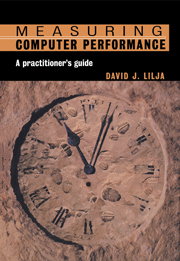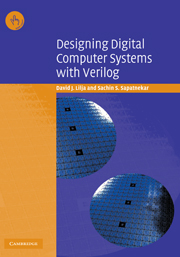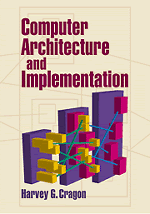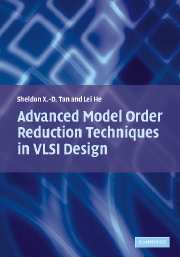Measuring Computer Performance
Measuring Computer Performance sets out the fundamental techniques used in analyzing and understanding the performance of computer systems. The emphasis is on practical methods of measurement, simulation, and analytical modeling. David Lilja discusses performance metrics and provides detailed coverage of the strategies used in benchmark programs. In addition to intuitive explanations of key statistical tools, he describes the general "design of experiments" technique and shows how the maximum amount of information can be obtained with minimum effort. Features include appendices listing common probability distributions and statistical tables and a glossary of important technical terms.
- Offers clear explanations of practical techniques for computer systems performance analysis
- Provides intuitive coverage of key statistical tools
- Integrates detailed descriptions of benchmark programmes
- Includes a glossary of important technical terms
Reviews & endorsements
"Lija's book is conceptually well formaulated, mathematically well grounded, and even intuitively appealing...This book is clearly an essential reference for professional engaed in computer (or network) performance measurement and capacity planning." Computing Reviews April 2001
Product details
September 2005Paperback
9780521646703
280 pages
244 × 170 × 15 mm
0.45kg
38 b/w illus. 48 tables 104 exercises
Available
Table of Contents
- 1. Introduction
- 2. Metrics of performance
- 3. Average performance and variability
- 4. Errors in experimental measurements
- 5. Comparing alternatives
- 6. Measurement tools and techniques
- 7. Benchmark programs
- 8. Linear regression models
- 9. Design of experiments
- 10. Simulation and random number generation
- 11. Queueing analysis
- Glossary
- Appendices.







